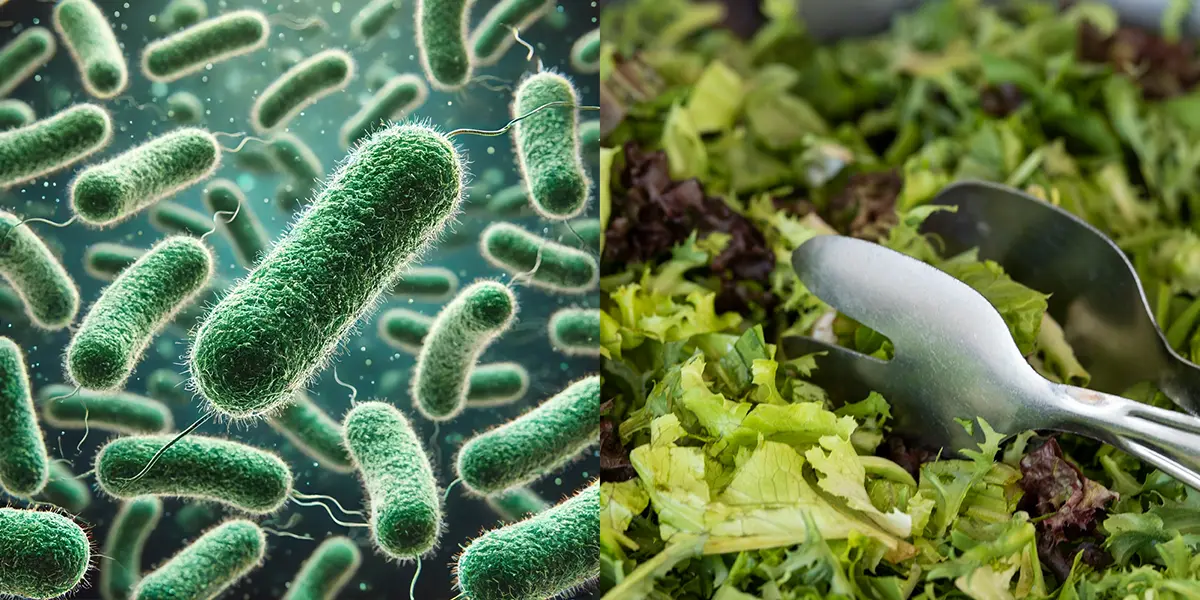In the wake of recent events in the United Kingdom, where an outbreak of E. coli was linked to contaminated salad leaves in pre-packed sandwiches, wraps, and salads, the importance of stringent hygiene practices in food preparation has never been more evident.
This incident, which affected over 200 people and resulted in numerous hospitalisations, underscores the urgent need for effective disinfection methods in the food industry.
One promising solution to this challenge is Scotmas’ Chlorine Dioxide water disinfection technology.
Understanding the E. Coli Threat
E. coli, particularly the Shiga toxin-producing strains (STEC), can cause severe health issues, including bloody diarrhoea and significant complications like haemolytic uraemic syndrome (HUS). The bacteria typically contaminate water or soil, which can then infect vegetables and other raw foods. As highlighted in the recent UK incident, salad leaves are particularly vulnerable due to their contact with contaminated water sources.
The Role of Chlorine Dioxide
Chlorine Dioxide (ClO2) is recognised for its powerful disinfectant properties. Unlike chlorine, it remains effective across a broad pH range. It does not produce harmful by-products like trihalomethanes (THMs) and haloacetic acids (HAAs), making it a safer and more efficient option. Scotmas’ ClO2 technology harnesses these properties to provide a high level of disinfection, targeting bacteria, viruses, and protozoa.
Application in Food Preparation Facilities
Our Chlorine Dioxide systems can be installed to treat water sources used to wash and process salad leaves and other produce. Ensuring that all water used in these processes is free from pathogens like E. coli reduces the risk of contamination. The technology can be integrated into existing water treatment systems in food preparation facilities, providing a continuous disinfection solution that does not compromise the taste or safety of the produce.
Benefits of Chlorine Dioxide
The advantages of using Scotmas’ ClO2 technology over traditional disinfection methods include:
- Efficacy: ClO2 eliminates many pathogens, including those resistant to other disinfectants.
- Safety: It does not react with organic matter to form dangerous by-products.
- Cost-effectiveness: Lower dosages are required than other disinfectants, reducing overall treatment costs.
- Ease of use: Systems can be easily integrated and managed within existing facility operations.
Mitigate Risk
The recent E. coli outbreak linked to food products is a stark reminder of the critical need for effective disinfection practices in food manufacturing.
Our Chlorine Dioxide technology offers a robust solution to these challenges, ensuring that food products are safe from pathogens and fit for consumption. By adopting such advanced disinfection technologies, food manufacturers can significantly mitigate the risks associated with microbial contamination, protecting public health and maintaining consumer trust in their products.
A Proactive Approach
Please do not hesitate to contact our team for further information on how our Chlorine Dioxide technology can enhance the safety and quality of food products. We are dedicated to providing insights and solutions to support the implementation of advanced disinfection practices in food manufacturing. Your proactive approach to ensuring food safety is crucial in safeguarding public health and consumer confidence.
Contact us today to learn more about how Scotmas’ Chlorine Dioxide technology can benefit your operations.






